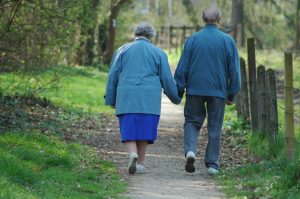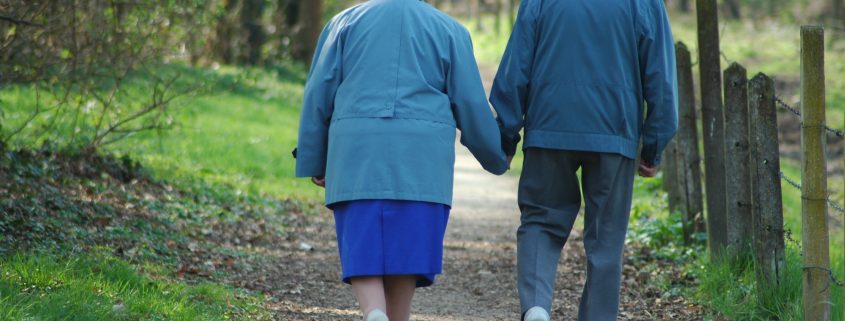Preventing Elder Abuse – Part II
 Without a doubt, this was a difficult topic to write about in Part I; and from some input I received, it was also difficult to read about. Personally, it would be a lot easier to not even bring up the subject of elder abuse, but if we aren’t made aware of it, the problem just continues to grow even if we “hide our heads in the sand,” so to speak.
Without a doubt, this was a difficult topic to write about in Part I; and from some input I received, it was also difficult to read about. Personally, it would be a lot easier to not even bring up the subject of elder abuse, but if we aren’t made aware of it, the problem just continues to grow even if we “hide our heads in the sand,” so to speak.
But here’s some good news. The following lists a few things we CAN do, based on content provided by the Administration of Aging and the National Center on Elder Abuse.
Why should we care about elder abuse? According to the Administration on Aging, “the older population in America is continuing to grow and will burgeon between the years of 2010 and 2030 when the “baby boom” generation reaches age 65. By 2030 there will be about 72.1 million older people, comprising almost 20% of the total population, nearly twice as many as in 2007.” Seniors are living longer, but not necessarily better.
What can we do if we suspect elder abuse? Per the National Center on Elder Abuse: “Each of us has a responsibility to keep vulnerable elders to be safe from harm. Most states have laws that require professionals working on the front lines (such as doctors or home health care providers) to report suspected neglect or abuse. These types of providers are known as mandated reporters; however in the laws of 8 states, any person must report suspected mistreatment. Some additional things we can do:
- Call 9-1-1 or the police right away if you know of someone who is in immediate, life-threatening danger.
- Even if the danger isn’t immediate, but you think abuse has happened, you need to tell someone. This could be the local Adult Protective Services, long-term care ombudsman, or police.
- Tell your doctor, friend or family member you trust; or call the Eldercare Locator help line at 1-800-677-1116. (Hours of operation are 9 a.m. to 8:00 p.m. EST) There are specially trained operators who can refer you to a local agency.
- Take a look at what our local county Sheriff’s Department is doing.
If I call for help, what happens next? Be prepared to give the older person’s name, address, contact information and details about your concern. You may be asked questions such as: Are there known medical conditions (e.g., confusion or loss of memory)? Is there any family support? Have you heard of any incidents of yelling, hitting etc.?
Eleven Things that Anyone Can Do to Prevent Elder Abuse (Prepared for the National Center on Elder Abuse (NCEA) by Center of Excellence on Elder Abuse and Neglect, U. of California, Irvine.
- Learn the signs of elder abuse and neglect
- Call or visit an elderly loved one and ask how he/she is doing.
- Provide a respite for a caregiver
- Ask your bank manager if the tellers are trained on how to detect elder financial abuse.
- Ask your doctor to ask you and all senior patients about possible family violence in their lives.
- Contact your local Adult Protective Services or Long-Term Care Ombudsman to learn how to support their work
- Organize a “Respect Your Elders” essay or poster contest in your child’s school.
- Ask your clergy to give a talk about elder abuse or to put a message about elder abuse in the bulletin.
- Volunteer to be a friendly visitor to a nursing home resident or to a homebound senior in your neighborhood.
- Send a letter to your local paper, radio or TV station suggesting they cover Elder Abuse Awareness Day (June 15) or Grandparents Day in September.
- Dedicate your bikeathon/marathon/other event to elder mistreatment awareness and prevention.
RESOURCES:
- Call the Eldercare Locator at 1-800-677-116 or visit www.eldercare.gov.
- For more information on prevention of elder abuse: www.ncea.aoa.gov or www.centeronelderabuse.org
“You may give out, but never give up” Mary Crowley







